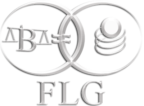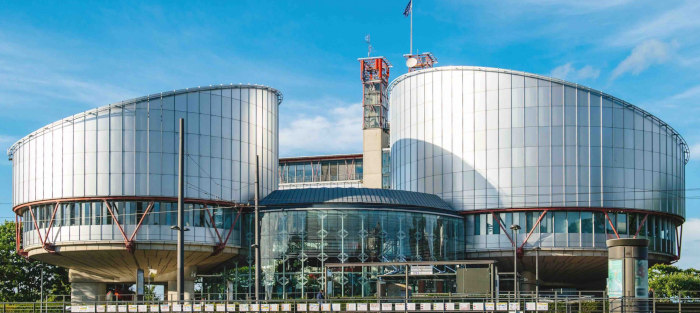The European Court of Justice (ECJ) is the highest court in the European Union in matters of European Union law. As a part of the Court of Justice of the European Union it is tasked with interpreting EU law and ensuring its equal application across all EU member states. The Court is based in Luxembourg and it is composed of one judge per member state, currently 28 judges. However, normally only 13 judges will sit on a case.
The European Court of Justice is responsible for ensuring that the Treaties of the European Union are interpreted and applied by all Member States. In order to carry out that task the Court has broad jurisdiction to hear various types of action.
The European Court of Justice can rule on:
- Applications for annulment or actions for failure to act brought by a Member State or an institution.
- Actions against Member States for failure to fulfil obligations.
- References for a preliminary ruling.
- Appeals against decisions of the General Court.
On the other hand the European Court of Human Rights (ECHR) is an international court established by the European Convention on Human Rights. It hears applications relating to alleged breaches of the human rights provisions from a contracting Member State. An action can be lodged by an individual, a group of individuals or one or more of the other contracting states. Moreover, besides judgments, the European Court of Human Rights can issue advisory opinions on debated matters to the Member States.
The most common applications to the ECHR are lodged by individuals against contracting states alleging that the state violated their rights under the European Convention on Human Rights.

